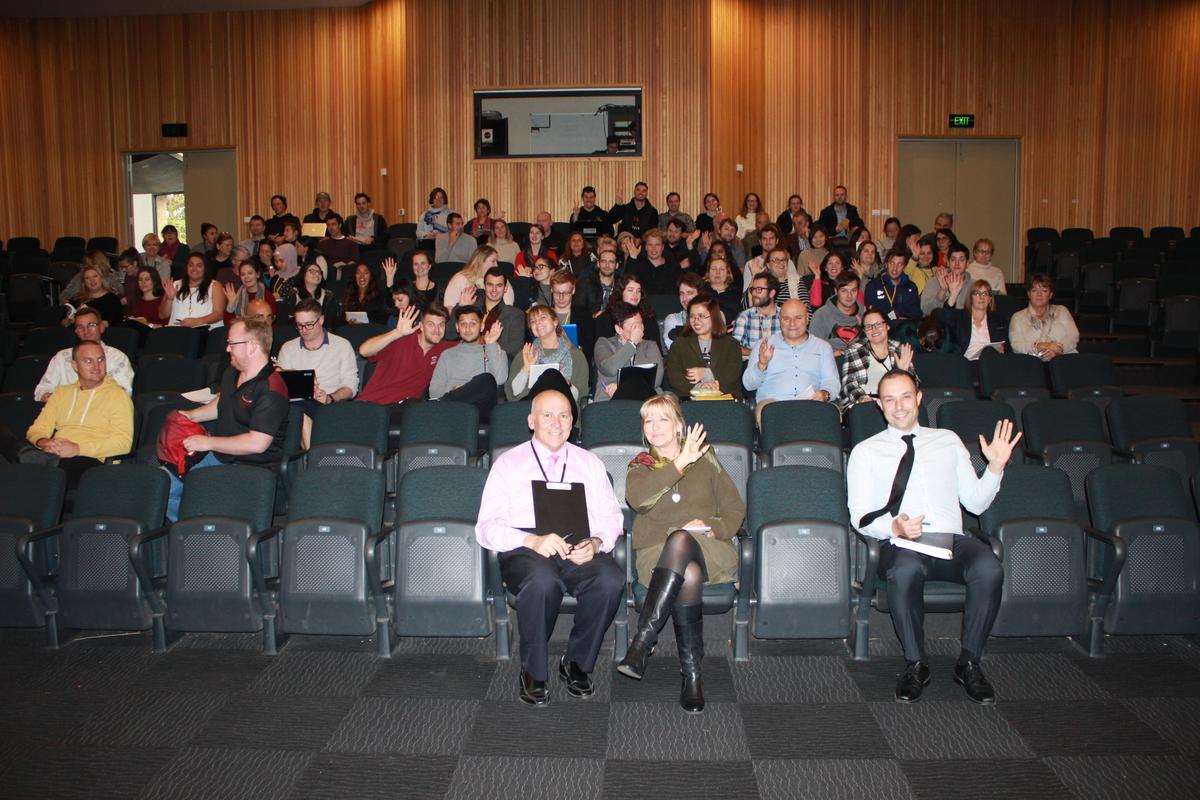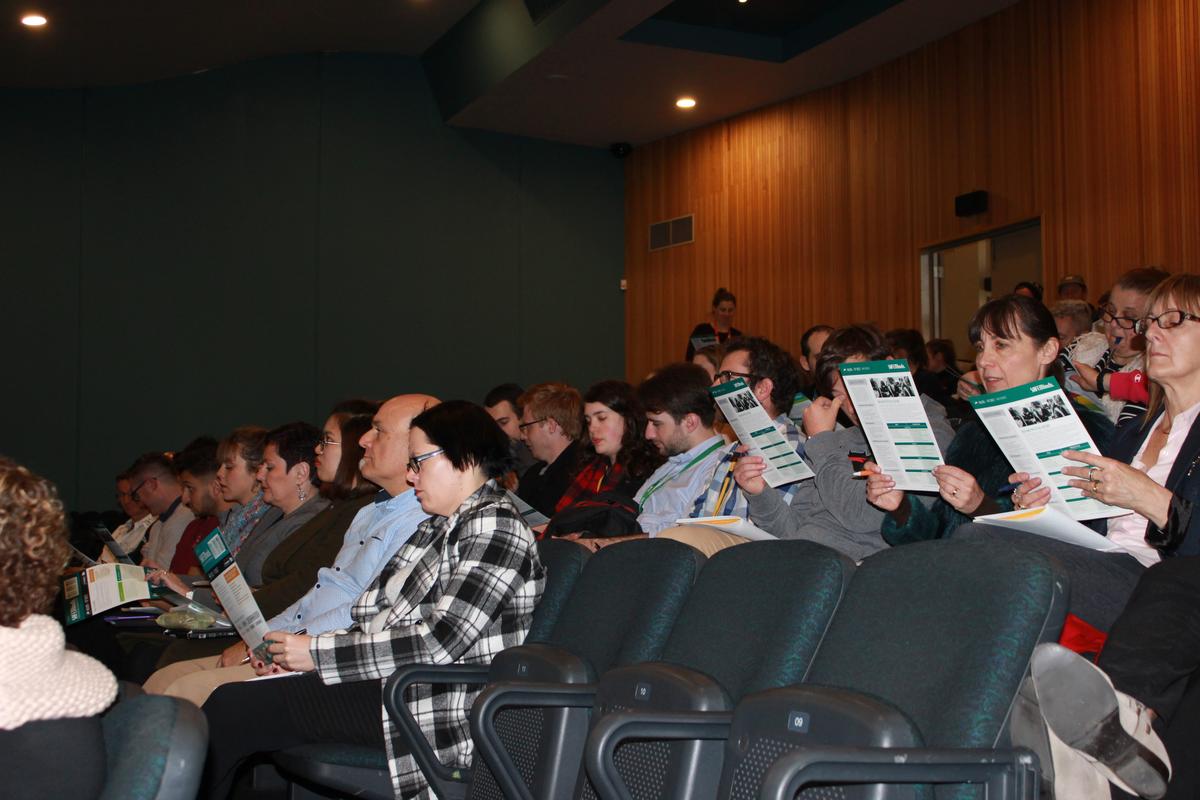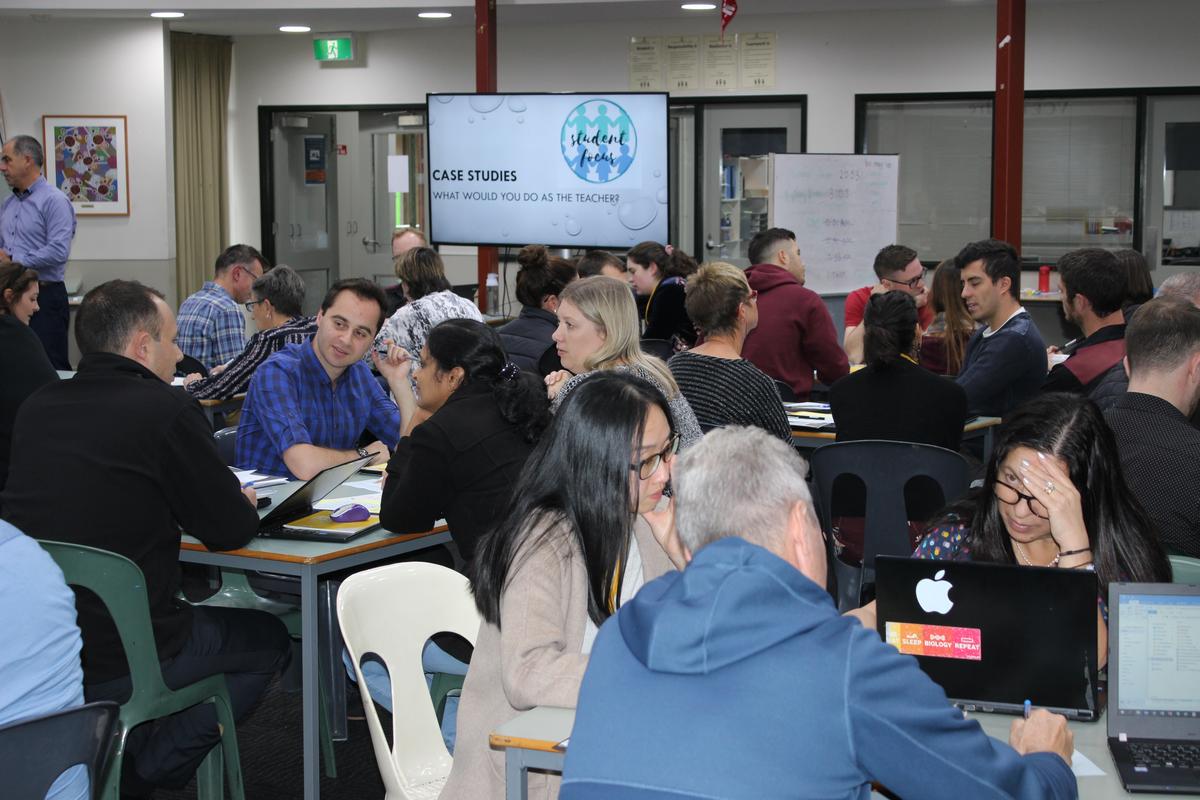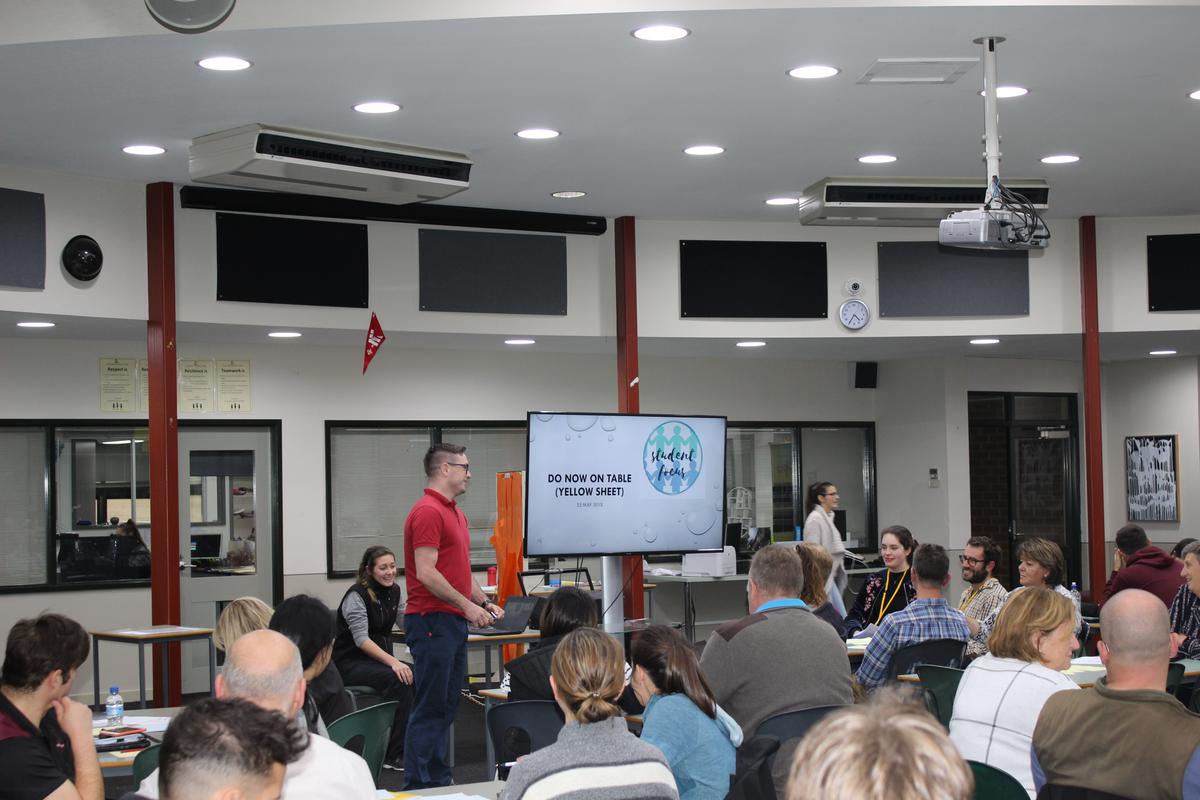WELLBEING

Whole School Approach to Wellbeing
On Tuesday, 22 May the day after Headspace shared about mental health and SAFEMinds resources the staff of Doncaster Secondary College gathered to contextualise and embed our ‘Whole School Approach to Wellbeing’.
The DSC community has a whole school approach to the wellbeing of each individual. Different needs for different people. Different people have capacity to do different things. We are all ‘limbs’ of the one body. This community is a place where everyone can be empowered to care for the needs of others and when a situation is beyond their capacity, they have an understanding of who they can refer to. We work together and learn together.
Our ‘Whole School Approach to Wellbeing’ involves each member of our community – staff, students, parents – contributing to our primary prevention wellbeing strategies. This is our ‘Surfing’ level. At the surfing level, staff, students and parents are encouraged:
- To look out, observe and notice the wellbeing of others.
- If there is a concern, inquire and support to develop a plan.
- If needed, refer on to Discovery Teacher, Year Level Coordinator, or the Student Wellbeing Team.
Our Student Management and Wellbeing Team will be supporting our early intervention wellbeing strategies. This is our ‘Snorkelling’ level.
Our Educational Psychologist and external support agencies provide intervention wellbeing strategies. This is our ‘Scuba Diving’ level.
At our meeting, college staff were able to work through case studies, reflect and share positive strategies to improve relationships and collaborative with each other to enhance student outcomes.
If you know someone who is struggling with their wellbeing, please inquire and offer support to them. Help them connect with supports such as headspace, their local GP, Kids Helpline (1800 55 1800) or Lifeline (13 11 14).
Drew Hanna
Youth Worker
Managing the stress of exams
It is perfectly normal and expected to feel stressed around the time of exams. However, through the use of effective time management and self-care strategies we can increase our prospects of not only doing well in exams, but also feeling better about them as well. If you are not happy with how you feel around exam time try out some of the basic steps outlined below:
- Remembering that not all stress is bad
- Believe it or not stress is actually needed for optimum performance. If we didn’t have stress we would not be motivated to do well in something or bring ourselves to study at all. Therefore, stress is needed in healthy doses. The key is to identify when stress turns from a motivating force to an overwhelming force. This is the stage to seek some help.
- Prepare and start studying early
- Cramming the night before and leaving study to the last minute is proven to not be that effective. Instead, try doing smaller amounts in the weeks leading up to an exam. This gives information more time to consolidate in your memory and takes the time pressure off studying as well.
- Make a timetable and stick to it
- A healthy timetable during study period should involve blocks of dedicated study time that is complimented by leisure activities not related to study. Keeping a healthy balance of work and fun is a key to staying stress free.
- Short bursts over long haul study sessions
- When planning your timetable remember that study sessions are most effective when kept to 20-30 minutes. Individual study sessions over 1 hour in duration are too long. You may want to schedule a study session either side of dinner, either side of your favourite tv show or either side of exercise.
- Study means study – No distractions
- Study sessions will only be truly efficient if all distractions are taken away. That means no phone, no tv, no studying around family discussions. Remove distractions and reward yourself with a leisure activity afterwards.
- Find the right method of study that works for you
- We are all different, so it should be no surprise that the way one student study’s is not necessarily going to suit you. Do you learn better from talking out loud? Maybe continually writing things down? Experiment to find your winning formula.
- Sleep is your friend
- Research shows that sleep promotes information retention. Always ensure you place a high priority on a good night’s sleep
These are some basic things you can attempt whilst trying to beat exam stress. If you would like some help creating a timetable or finding a method that works for you, the welfare team at DSC are always happy to help.
Tim Blacker
ACU Student Placement Counsellor




